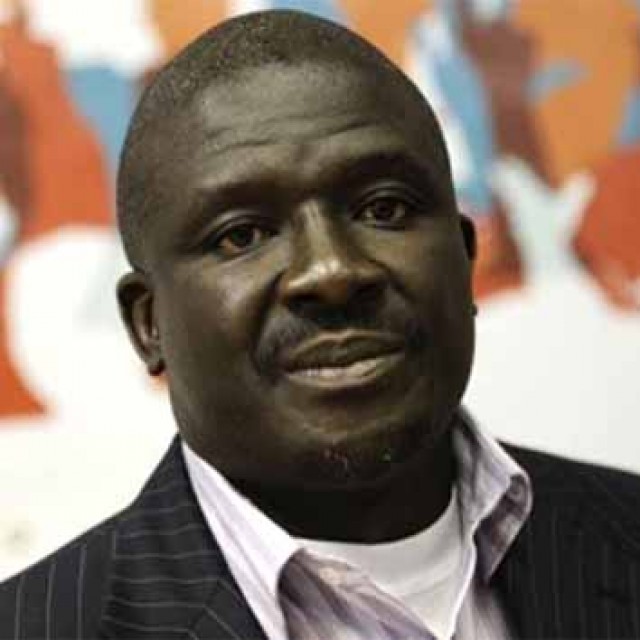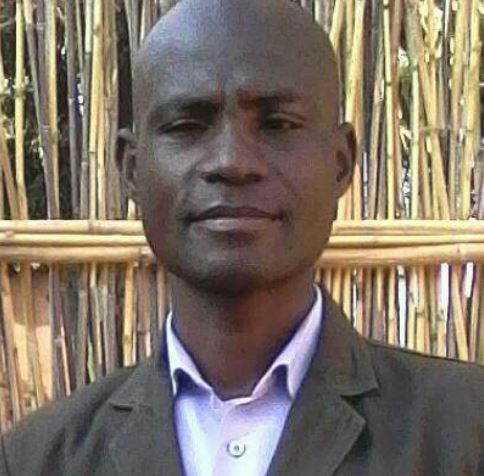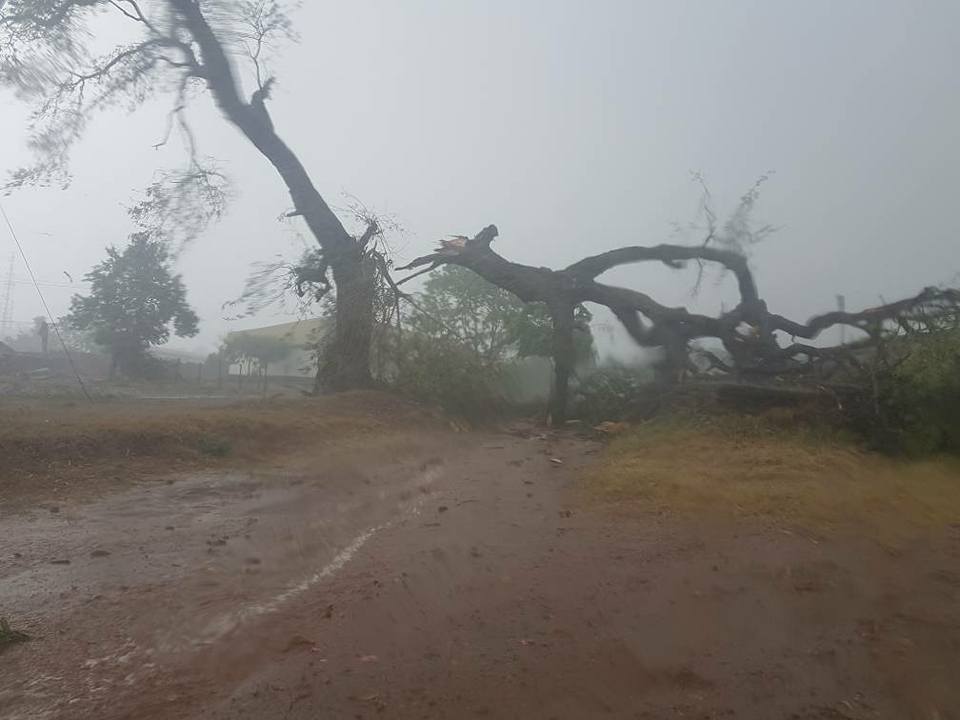South Africa’s national television SABC TV will no longer be available in neighbouring countries from Monday, The Sunday Times has learnt.
A press release from SABC states that SABC has introduced a new decoder ‘Vivid’ which only South African viewers will use to access SABC channels.
“From Monday July 1, 2013 you will need the new and improved Vivid decoder to receive SABC TV 1, 2, 3 and all SABC Radios [signal]. From this date onwards, you will not be able to receive SABC services on the current decoders,” reads the press release from SABC.
The press release further states that residents would require a smart card/decoder number, South African proof of residence, valid identification (ID or passport) and a valid TV licence to buy the new decoders.
SABC has licensed Sentech, TelJoy and Elsat to sell the new decoders. Representatives from TelJoy confirmed that the decoders could not work outside South Africa even when bought for use in neighbouring countries.
The development has caused disquiet in neighbouring countries such as Zimbabwe, Zambia, Mozambique, Malawi, Madagascar, and Angola where free-to-air decoders were prevalent.
SABC is popular in the Sadc region because it is free and has many popular programmes such as Generations, Isidingo, Muvhango and 7 de Laan.
Random interviews with residents in Blantyre showed they were not aware of the development and are very unhappy they would not be able to access SABC.
“SABC is very good because we were able to watch the best programmes for free. Apart from that, we were also able to watch European as well as South African football matches through SABC. This is a big blow,” said Blady Matupa.
SABC and its signal carrier Sentech were embroiled in a legal tussle which they lost against e-Botswana for making available its services in neighbouring countries through free-to-air decoders.
E-Botswana, a sister channel to South Africa’s e-TV was challenging, in a Johannesburg High Court, Sentech’s failure to secure the encryption on its Vivid digital satellite platform, which it argued deprived it of key advertising revenue.
Eventually, Sentech was found to be “wrongful, negligent and in breach” of its “duty of care” to regional television channels for failing to encrypt its signal. The court ordered Sentech to take “all reasonable steps necessary” to ensure that viewers in the region are prevented, within three months, from pirate viewing of the SABC channels carried on the Vivid platform.
Sentech is a South African government-owned broadcast signal distribution company.
The same court ordered Sentech to pay costs of the case and damages suffered by e-Botswana since March 25, 2009 until now, as a result of Sentech’s failure to prevent pirate viewing in Botswana of SABC 1, 2 and 3 carried on Vivid platform.
Swaziland and Lesotho, where a lot of people use free-to-air decoders, access SABC. – – By Kandani Ngwira





No comments! Be the first commenter?